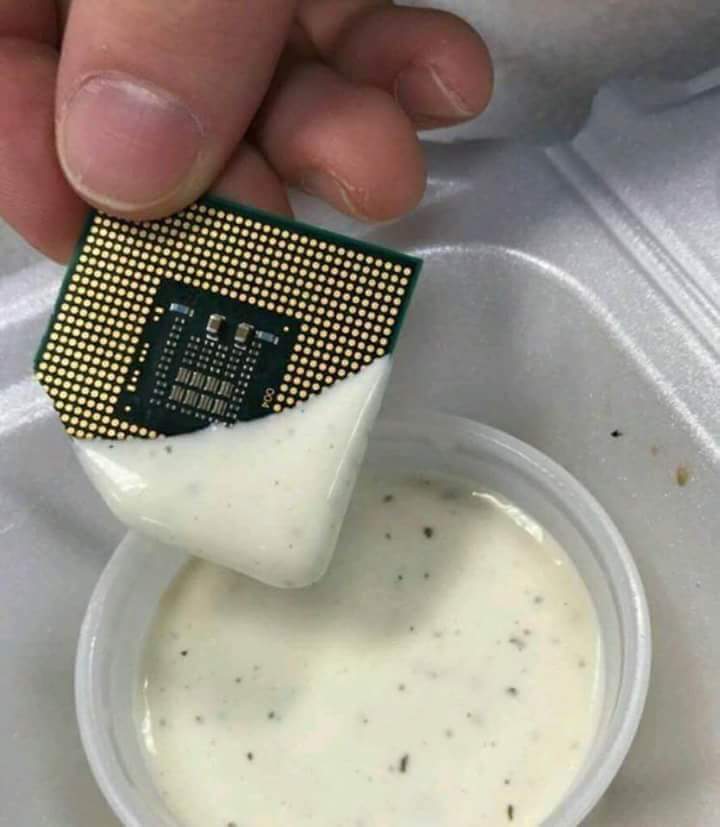These days, there exists a trend of constantly increasing the computing power for consumer devices in order for them to handle the most basic of tasks. I am sure most people have heard of how NASA's computers, used to get man to the moon were far less technologically advanced as what, for comparison, we currently have as a smartphone.
This is due to a combination of various factors. The main ones, most often, include lazy code writing, bundling unnecessary functionality/libraries in the package, overbearing security methods and the lack of exception handling.
All of which is found regularly in proprietary code, due to the limited scope of software delevopment techniques those people usually have. Many studies have proved, that often open source equivalents would outperform their closed source counterparts mainly due to the fact anyone could overview the code and submit fixes/improvements to it. This also leads to various other benefits such as increased security, ensuring privacy and platform compatibility.
Due to what is explained above, I aim to use mainly open source software and even then, I prefer those I can audit or are audited by trusted sources.
Unfortunately, there are some apps to which open source equivalents do not exist, so the list beneath is going to feature some along with my rationale to using them. Overall, this type of software possibly accounts for less than 20% of the software I use, which is still high, but currently will have to suffice.
Before I start, I would like to note that I multiboot and even then, emulate some operating systems (OS) with the help of VirtualBox on my main system. I have used GNU/Linux distributions as my main OS from 2008 to 2012, but due to the constant issues there were with some update messing up the filesystem/GRUB/kernel/systemd (Yes, I know, I should not have been using systemd to begin with), I decided it would be better to switch back to a Windows OS (Windows 7 from 2012 to 2015 followed by Windows 10 to this day).
Although this goes against my goals and privacy concerns, I prefer usability over ideals and until some major distribution becomes stable enough for daily usage, I will be sticking with Windows. I have modified it heavily to improve its firewall, almost entirely remove Windows 10's telemetry and tracking and automated some backup and update tasks using PowerShell scripts. I will go into all of that later on.
Niche/Specific Windows Software

